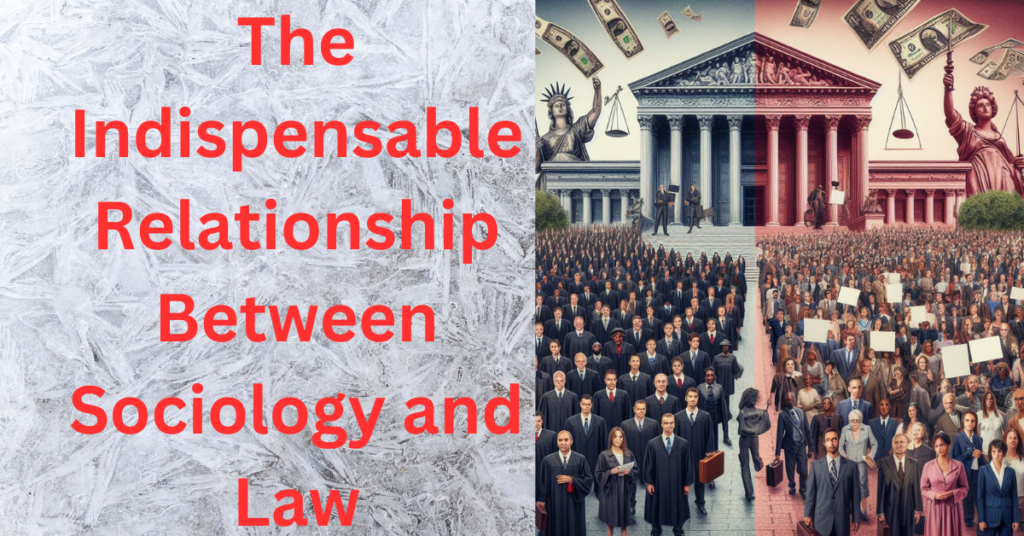Dr. Ashwani Kumar
“Entertainment satisfies what we know, while education extends what we can imagine.”
The modern education system is shifting towards a mode of ‘fast education,’ providing a rapid and accessible learning experience that caters to the need for immediate knowledge acquisition and skill development. This trend leads to the proliferation of consumer pedagogy, where education is treated as a product to be consumed, and credentials act as the currency of validation.
In this rapidly evolving system, there has been a discernible departure from traditional pedagogical methods focused solely on deep understanding and knowledge dissemination. Instead, educators are increasingly embracing methods to satisfy learners. However, in this era of fast education, satisfying students is a complex process. Educators tend to prefer entertaining students, providing entertainment alongside education to ensure some level of learner satisfaction.

Observing contemporary teaching trends, we find a significant focus on edutainment. Edutainment integrates engaging and entertaining approaches with profound understanding and philosophical knowledge. This shift is particularly pronounced in market-driven universities, where the pursuit of student enrollment and satisfaction has led to a strategic emphasis on creating fascinating and enjoyable learning experiences.
Modern courses are meticulously crafted to deliver academic content while incorporating interactive simulations, multimedia presentations, and elements of gamification. These innovations enhance student engagement and facilitate better retention of information. This trend reflects a broader movement within education to blend entertainment seamlessly with traditional teaching objectives. The goal is not only to educate but also to attract a diverse students in an increasingly competitive educational marketplace.
This evolution underscores a fundamental transformation in educational strategies, where the emphasis is not solely on transmitting knowledge but also on creating compelling and immersive learning environments that resonate with contemporary learners. As educational institutions adapt to meet the evolving needs of students, the integration of edutainment continues to play an important role in shaping the future of teaching and learning.
“Entertainmentgogy” is a pedagogical approach where educators use entertainment to enhance engagement and optimize information retention among students. This method acknowledges that modern students, often seen as educational consumers, respond more actively to interactive and visually stimulating learning experiences. Concepts like “edutainment” and “infotainment” illustrate this blend of education and entertainment, presenting educational content in formats that are informative, captivating, and enjoyable. By incorporating multimedia, interactive simulations, and gamified activities, educators aim to create immersive learning environments that promote deeper connections with the subject matter.
Although this pedagogy is not yet formally recognized by mainstream educationalists, it shares similarities with emerging pedagogy’s such as cybergogy and heutagogy. Both emphasize integrating technology and interactive methods to enhance learning outcomes. Many educators are increasingly adopting approaches that prioritize engagement and acknowledge the preference of students for learning experiences that are not only informative but also entertaining and interactive.
Issues in Entertainmentgogy
Entertainmentgogy, while appealing in its ability to engage and fascinate students, poses inherent risks in educational settings. By prioritizing entertainment over deeper understanding and critical thinking, there is a potential dilution of academic rigor and intellectual depth. When educational content is primarily packaged as entertainment, there is a risk that students may prioritize surface-level engagement and enjoyment over the pursuit of meaningful learning outcomes. This approach could undermine the development of essential skills such as analytical thinking, problem-solving, and independent inquiry, which are crucial for students to navigate complex challenges in their academic and professional lives. Moreover, an overemphasis on entertainment could contribute to a passive learning environment where students become consumers of information rather than active participants in their own education. As such, while incorporating engaging elements into teaching can enhance learning experiences, educators must carefully balance entertainment with educational substance to ensure that students not only enjoy learning but also acquire a deep understanding and critical skills that are essential for their future success.
In a competitive educational environment, market-oriented teachers may prioritize entertainment to ensure positive student feedback. They might focus on engaging activities, multimedia, and interactive learning experiences, which tend to boost student satisfaction and performance evaluations. Because entertaining someone relies on leveraging their existing understanding, whereas educating involves extending their knowledge, the latter process can sometimes be perceived as boring or challenging. Consequently, market-based educators might lean towards entertaining methods to maintain student interest and enthusiasm. However, this preference raises concerns about potentially sacrificing deeper intellectual development and critical thinking skills essential for long-term academic success. Finding a balance between engagement and educational rigor remains a crucial goal for effective teaching practices in contemporary classrooms.
In contemporary education, the burgeoning entertainment economy has given rise to a demographic of students increasingly defined as consumers of entertainment. This phenomenon has reshaped market-oriented universities into environments where entertainment plays a central role in student engagement. Meeting the demand for student entertainment necessitates effective management and marketability strategies, thereby elevating the prominence of managerial functions within these institutions. Consequently, there is apprehension regarding the potential marginalization of traditional philosophical educators in favor of individuals who possess entertainment charisma, akin to comedians. This trend signifies a profound societal shift wherein educational institutions grapple with balancing the appeal of entertainment with the foundational role of educators in cultivating critical thinking and intellectual development among students.
The views and opinions expressed by the authors in this article are their personal opinions and do not represent the views of PureSociology. You can contact the author/s at [email protected]. The details of the author/s are:
Dr. Ashwani Kumar is currently an Assistant professor of Sociology at Gurukashi University.


